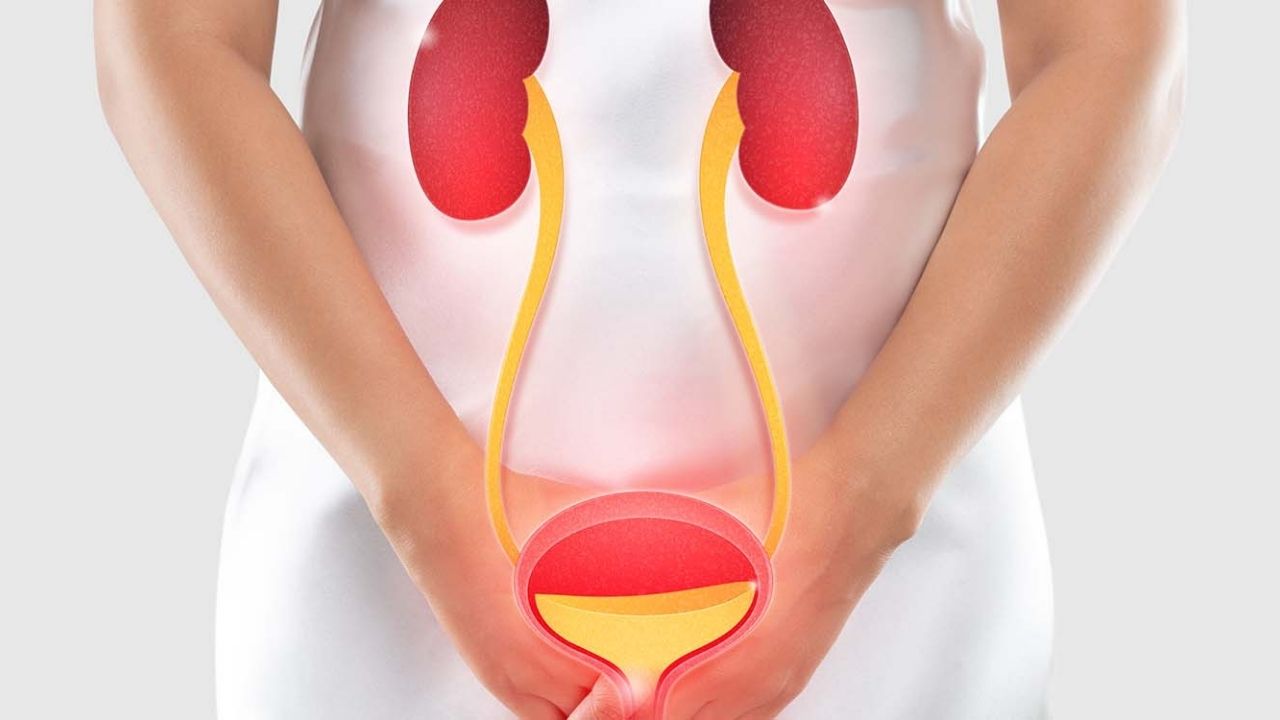
Physical activity plays a pivotal role in maintaining our health and well-being. Engaging in regular exercise not only strengthens muscles and bones but also boosts mental health, reducing risks of chronic diseases such as heart disease and diabetes. Yet, despite its clear benefits, many find it challenging to incorporate enough movement into their daily routines. This guide will unveil 15 intriguing facts about physical activity that might just motivate you to lace up your sneakers and get moving. From the surprising health benefits of moderate exercise to the lesser-known facts about how physical activity impacts your mental health, these insights are designed to inspire and inform readers of all fitness levels. Whether you're a seasoned athlete or just starting your fitness journey, understanding the importance of physical activity is the first step towards a healthier lifestyle.
Key Takeaways:
- Regular physical activity can boost mood, improve sleep, reduce stress, and strengthen the immune system. It can also increase lifespan, lower the risk of chronic diseases, and improve mental health.
- Exercise is not just about staying fit; it has numerous benefits for the body and mind. It can improve mood, sleep quality, brain function, and overall longevity.
Benefits of Physical Activity
Physical activity isn't just about staying fit. It has numerous benefits that impact both the body and mind. Here are some fascinating facts about how exercise can improve your life.
-
Regular exercise can boost your mood. Physical activity stimulates the production of endorphins, chemicals in the brain that act as natural painkillers and mood elevators.
-
Exercise improves sleep quality. Engaging in physical activity can help you fall asleep faster and deepen your sleep.
-
Physical activity reduces stress. Exercise increases the production of norepinephrine, a chemical that moderates the brain's response to stress.
-
Boosts brain function. Regular physical activity can improve memory, learning, and overall cognitive function.
-
Strengthens the immune system. Moderate exercise can give your immune system a boost, helping to ward off illnesses.
Physical Activity and Longevity
Staying active can also play a significant role in how long you live. Here are some facts about the connection between exercise and longevity.
-
Increases lifespan. Studies show that regular physical activity can add years to your life by reducing the risk of chronic diseases.
-
Reduces risk of heart disease. Exercise strengthens the heart, improves circulation, and helps maintain healthy blood pressure levels.
-
Lowers risk of type 2 diabetes. Physical activity helps control blood sugar levels and can prevent or delay the onset of type 2 diabetes.
-
Decreases risk of certain cancers. Regular exercise is linked to a lower risk of colon, breast, and lung cancers.
-
Improves bone health. Weight-bearing exercises like walking and lifting weights can increase bone density and reduce the risk of osteoporosis.
Physical Activity and Mental Health
Exercise isn't just good for the body; it's also beneficial for mental health. Here are some ways physical activity can positively impact your mind.
-
Reduces symptoms of depression. Regular exercise can be as effective as medication for some people in reducing symptoms of depression.
-
Enhances self-esteem. Achieving fitness goals and improving physical appearance can boost self-confidence and self-worth.
-
Improves focus and concentration. Physical activity increases blood flow to the brain, which can help improve focus, concentration, and overall mental clarity.
-
Reduces anxiety. Exercise can help reduce feelings of anxiety by releasing tension and stress.
-
Promotes social interaction. Participating in group sports or fitness classes can help you meet new people and build a support network.
A Final Sprint Through Physical Activity Facts
We've dashed through a marathon of insights, from the health benefits of regular exercise to the surprising stats that shape our understanding of physical fitness. Keeping active isn't just about hitting the gym or clocking miles; it's about finding joy in movement, reducing stress, and boosting overall well-being. Whether it's a brisk walk, a dance-off in the living room, or a challenging hike, every step counts towards a healthier life. Remember, starting small can lead to big changes. So, lace up those sneakers, set realistic goals, and embrace the journey towards a more active lifestyle. Here's to moving more, feeling better, and living longer. Let's not sit on this valuable knowledge. Instead, let's get moving, stay motivated, and inspire others to join in the fun. After all, a little push can set the wheels of change in motion.
Frequently Asked Questions
Was this page helpful?
Our commitment to delivering trustworthy and engaging content is at the heart of what we do. Each fact on our site is contributed by real users like you, bringing a wealth of diverse insights and information. To ensure the highest standards of accuracy and reliability, our dedicated editors meticulously review each submission. This process guarantees that the facts we share are not only fascinating but also credible. Trust in our commitment to quality and authenticity as you explore and learn with us.


